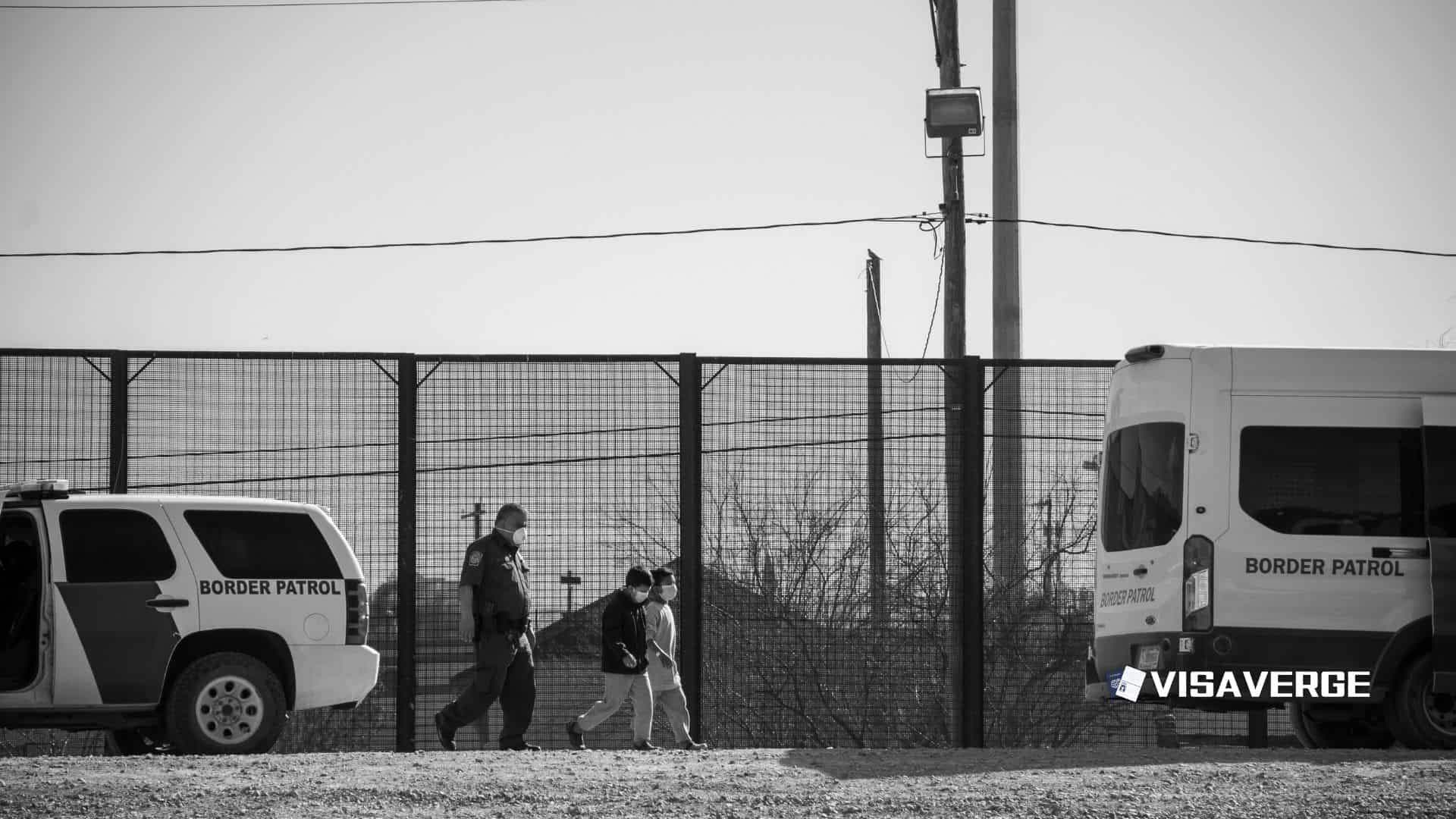(IIOWA) Iowa’s two main refugee resettlement nonprofits have restarted limited job services after months of turmoil, placing refugees into work again even as budgets remain tight. Lutheran Services in Iowa (LSI) and the U.S. Committee for Refugees and Immigrants (USCRI) say partial federal funding that resumed in May 2025 allowed them to bring back a small staff and rebuild case management. That reopening helped support job search and placement for 191 refugees this summer, according to agency tallies, but leaders warn the system is still fragile as of August 15, 2025.
Funding freeze, layoffs, and the partial restart

In early 2025, the White House suspended federal funds for refugee resettlement agencies nationwide. For groups like LSI and USCRI, those dollars made up about 80% of their budgets, paying for employment help, housing support, legal referrals, and other basics.
The freeze had immediate local effects:
– Resettlement programs paused.
– Some family reunification flights were canceled.
– Services for more than 800 refugees in Iowa were cut back.
LSI reported it was owed $1.5 million in federal reimbursements for services already delivered but not yet paid. With no money coming in:
– LSI laid off 28 employees and suspended its resettlement program in March 2025.
– USCRI laid off about half its staff, sharply reducing capacity for employment preparation, job applications, and job retention support.
Officials tied the pause to policy steps connected to a President Trump executive order and later White House actions. Although the Supreme Court ordered the release of $2 billion in foreign aid in early 2025, agencies in Iowa did not see immediate relief and could not plan around uncertain timelines. That created a long gap before any recovery could begin.
As limited federal funding resumed in May 2025, LSI received the $1.5 million it was owed. The organization rehired five staff and restarted focused case management for Afghan and Ukrainian refugees already living in Iowa. USCRI’s Des Moines office resumed employment preparation and placement but remained at reduced capacity, citing tight funding and fewer staff.
Important ongoing limits:
– New refugee arrivals remain on hold because funding is still uncertain.
– Services for people already in Iowa depend on a mix of federal dollars, private donations, and volunteers.
For official program information, the federal Office of Refugee Resettlement offers current guidance and resources: https://www.acf.hhs.gov/orr
Human impact and operational consequences
The human cost was immediate and far-reaching. Refugees ready to find work or move up to better jobs suddenly lost help with resumes, interview practice, and employer introductions. Without case managers, many faced additional risks:
– Late rent and housing insecurity
– Confusion about health coverage
– Trouble arranging transportation and child care
These barriers slow pathways to steady income and increase the risk of families losing housing.
Voices from the field:
According to LSI’s Director of Refugee Services, Nicholas Wuertz, the stop-and-go funding and unclear guidance from Washington made it hard for families to keep housing and jobs. Staff had to pause services and then quickly reconnect clients once money returned.
Samantha Huynh, who leads USCRI Des Moines, says the office continues job classes and employer outreach but is still running lean after layoffs.
Iowa’s Bureau of Refugee Services, a state office active since 1975, remains a coordinating hub. But it also relies heavily on federal funds. When reimbursements stall, the whole system slows: fewer case managers, fewer classes, fewer employer visits—and slower job starts. VisaVerge.com reports this pattern is common when reimbursements stall, forcing nonprofits to scale back until funds are released.
How job support is being delivered now
Agencies are rebuilding services step by step. The current job support process for refugees already in Iowa includes:
- Orientation and basics
- Help with housing, school enrollment, and local rules to set the stage for work.
- Case management
- Small teams help set goals, apply for benefits, and arrange transportation and child care so people can attend interviews and shifts.
- Job readiness
- Workplace English, resume help, interview practice, and explanations of pay, schedules, and safety rules.
- Placement
- Agencies connect clients with hiring employers and clarify expectations to help them keep jobs.
- Ongoing help
- Case managers intervene if problems arise with landlords, clinics, or public offices so workers don’t lose income.
The outcomes are measurable but constrained. With fewer staff, both LSI and USCRI report:
– Longer wait times for classes and employer referrals.
– Some families stuck in entry-level roles who might have moved to higher-wage work with timely coaching.
– Missed interviews or shifts because transportation and child care weren’t organized.
Donations and volunteers helped fill gaps, but they could not fully replace trained case managers’ specialized work.
Policy questions, risks, and local responses
Key policy uncertainties include:
– Will federal reimbursements stay on schedule through the rest of 2025?
– Will new arrivals be approved before year-end, and will there be funds to receive them?
– Can short-term grants cover the costs of rebuilding staff teams?
Without answers, agencies are cautious: serving those already here, rebuilding employer relationships incrementally, and sending careful messages to families about available help.
Advocates warn of broader economic risks if uncertainty persists. When refugees find work quickly:
– They settle into housing faster,
– Spend more in local stores,
– Fill open roles in plants, warehouses, hotels, and clinics.
When help is thin, the opposite occurs: longer job hunts, late rent, missed training opportunities, and increased turnover for employers. Agencies like LSI and USCRI reduce employer risk by pre-screening candidates and helping with early workplace issues—services that also reduce turnover.
Practical steps underway:
– Training new staff and rebuilding waiting lists for job classes.
– Calling past employer partners to restart hiring pipelines.
– Community fundraising targeted at transportation and child care—two common reasons people miss interviews or early shifts.
– The Iowa Bureau of Refugee Services coordinating limited dollars to the highest-need cases.
Current status and outlook
For now, the partial restart has restored some momentum, albeit fragile. The placement and coaching that supported 191 job seekers this summer demonstrate what full funding could restore: faster hiring, steadier paychecks, and stronger ties between refugee families and Iowa employers.
Agency leaders emphasize:
– The need is clear.
– The path forward is established—if funds hold.
This Article in a Nutshell
Funding paused in early 2025 halted refugee resettlement services in Iowa. Partial federal funds in May restored limited staff and case management, helping 191 refugees find work this summer. Agencies remain understaffed, reliant on donations and volunteers, and cautious about accepting new arrivals until funding stabilizes for the rest of 2025.








